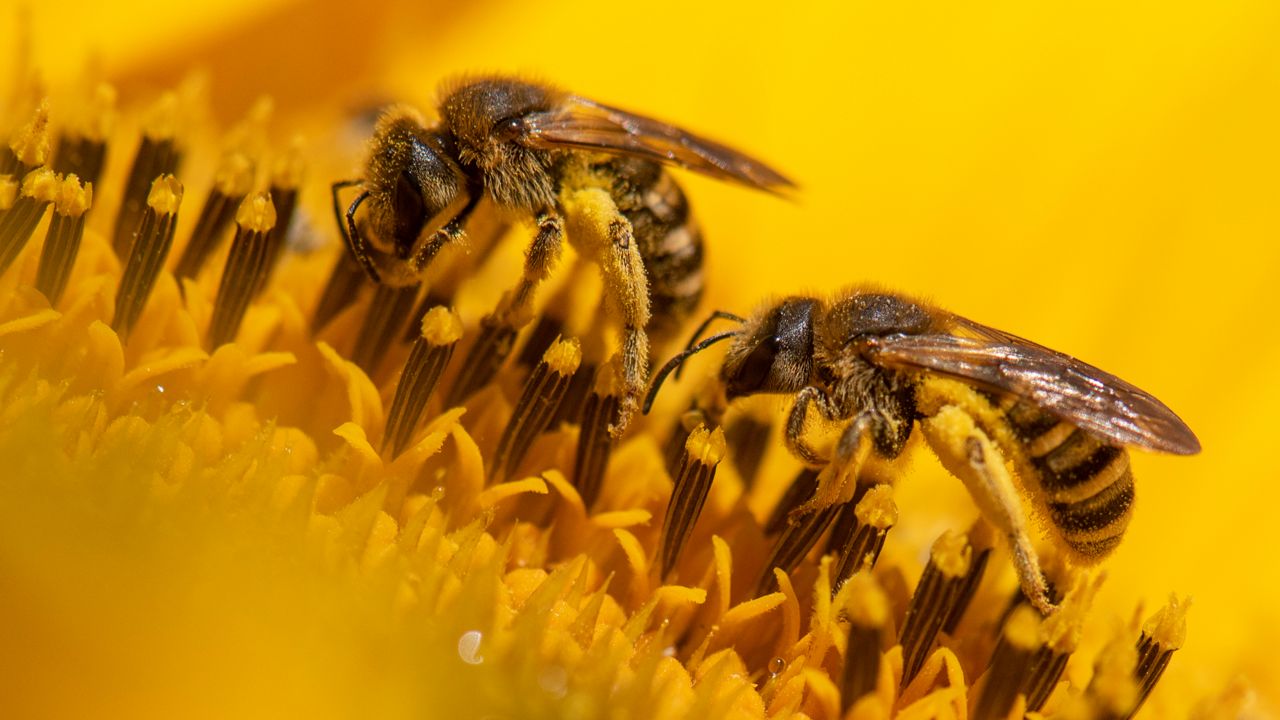New York advocates and legislators rallied at the state Capitol Monday for legislation aimed to protect bees and their role as pollinators by ending the use of a group of insecticides known as neonicotinoids, or neonics.
The Birds and Bees Protection Act (S.1856/A.3226) is in response to a 2020 report from Cornell University finding that using neonics poses a threat to the state's bees while providing few benefits to farmers.
The legislation allows a phase-in period of several years, giving seed suppliers, farmers and others the needed time to adapt.
“New York beekeepers have lost more than 40% of their bee colonies almost every year for the last decade – largely due to neonic pesticides. That’s why I sponsor the Birds and the Bees Act (S1856) with Assembly Member Glick, which bans the sale, distribution, and purchase of neonic-treated seeds for corn, soybean, and wheat crops," state Sen. Brad Hoylman-Sigal said in a statement. "The pollinator species our bill protects are integral to our ecosystem and the state’s agriculture industry. Some estimate bees contribute the equivalent of $439 million annually in pollination services. I’m grateful to the Sierra Club, NRDC, and others for their advocacy to protect New York’s pollinators, farming industry, and economy.”
The bill specifically targets the use of neonics for treated corn, wheat and soy seeds.
“Pollinators are vital members of healthy ecosystems and our food supply chain. Protecting them by limiting toxins that pose adverse effects and health risks is an important step forward in our work to stop poisoning the environment and create a healthier New York. I look forward to this legislation being signed into law to ensure the health of our birds and bees." said Assemblymember Deborah J. Glick.
The Birds and Bees Protection Act passed in the state Assembly for the second year in a row but is being held up in the state Senate.


